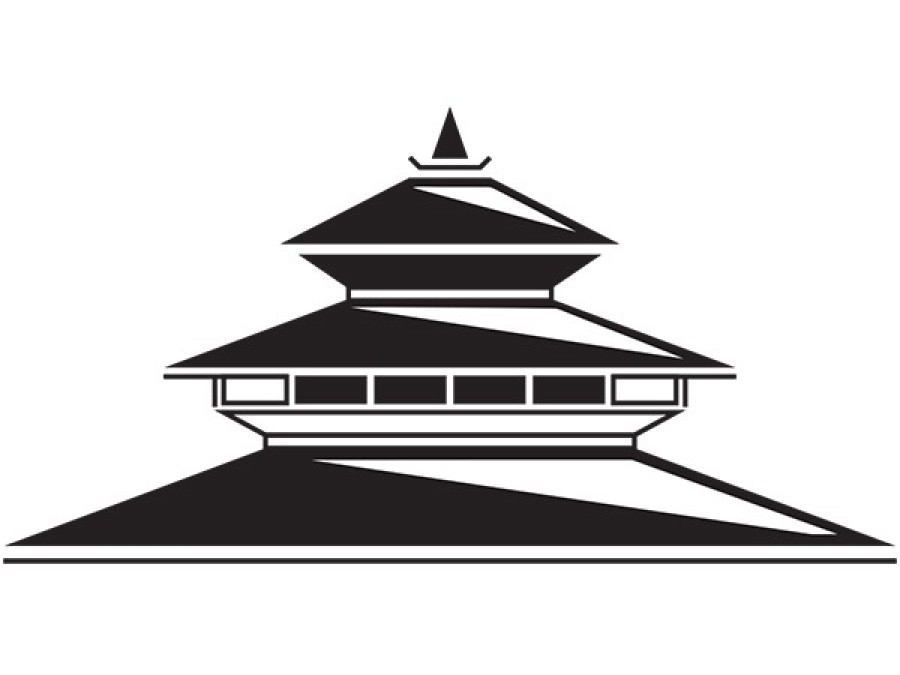Editorial
On liberty
Govt’s decision to ban protests in prime spaces shows authoritarian tendency
The government’s recent diktat to ban civil protests in certain spaces in Kathmandu and elsewhere in the country is deplorable. In the Valley, seven locations have been identified as the government’s preferred sites, which excludes the Maitighar Mandala—a roundabout near Singha Durbar that has for the past two decades emerged as the hub for popular protests, many of them spontaneous.
In Kathmandu, the protest assemblies can now be held at Khullamanch, Tinkune, Bhuinkhel Chaur, Bagwanpau, PepsiCola Ground, Sano Gaucharan Ground and Lainchaur and Siphal Chaur. In Jumla, the District Administration Authority (DAO) has declared its premises as ‘prohibited’ in order to stop Dr Govinda KC, who stands tall as the icon of public defiance, from staging a protest.
The government’s directive rightly has met with outright condemnation from various sections of the society. This government that enjoys a two-thirds majority in Parliament is resorting to sinister actions. But it remains to be seen how far the clampdown on public dissent will go.
Public spaces are not only physical locations for citizens to assemble; they also help foster a culture of debate and dissent, which is fundamental to a democratic culture. Article 17 (2) of the Constitution has ensured that every citizen enjoys the freedom of opinion and expression and to assemble peacefully and without arms.
In the recent times, the government has taken various actions that are not in congruence with the idea of democracy. Examples include the government’s National Iintegrity Policy that aims at “regulating” the non-governmental sector and the Information and Communications Minister Gokul Banskota removing Raju Thapa from a show broadcasted on the state owned television station for asking tough questions about his property details.
Freedom of expression is a cardinal pillar of a vibrant democracy. Democracy thrives on dissent as it acts as a mechanism for the ruled to keep a check on the rulers. As thinking beings, citizens are expected to disagree, dissent and disapprove of policies and actions of government and private institutions. This makes a nation stronger, not weaker, for new ideas inform the ensuing debate that leaves the community richer, not poorer. But for the state to grow wary of dissent and actively muzzling divergent voices is unwarranted. Doing so only reflects blatant disregard for the law of the land, implying that the democracy we live in could turn out to be more notional than functional.
In democratic societies, citizens have two things at their disposal—the ballot box and the soapbox. While the ballot box allows citizens to choose their representatives, the soapbox allows them to engage in collective deliberation to the extent that they succeed at ousting those same representatives who end up showing disregard for democratic values. It is ironical that the leaders who benefited from the democratic possibilities of public spaces when the powers-that-be tried to consign them to redundancy are now using the same old tactics of intimidation and intolerance towards dissenting citizens.
The government could use its parliamentary majority for construction of policy debates and decision making that the country so needs. But to brandish it to encroach the democratic safe space will only add fuel to the growing fear: Will the Oli government use its absolute majority to quell public dissent?




 9.6°C Kathmandu
9.6°C Kathmandu














